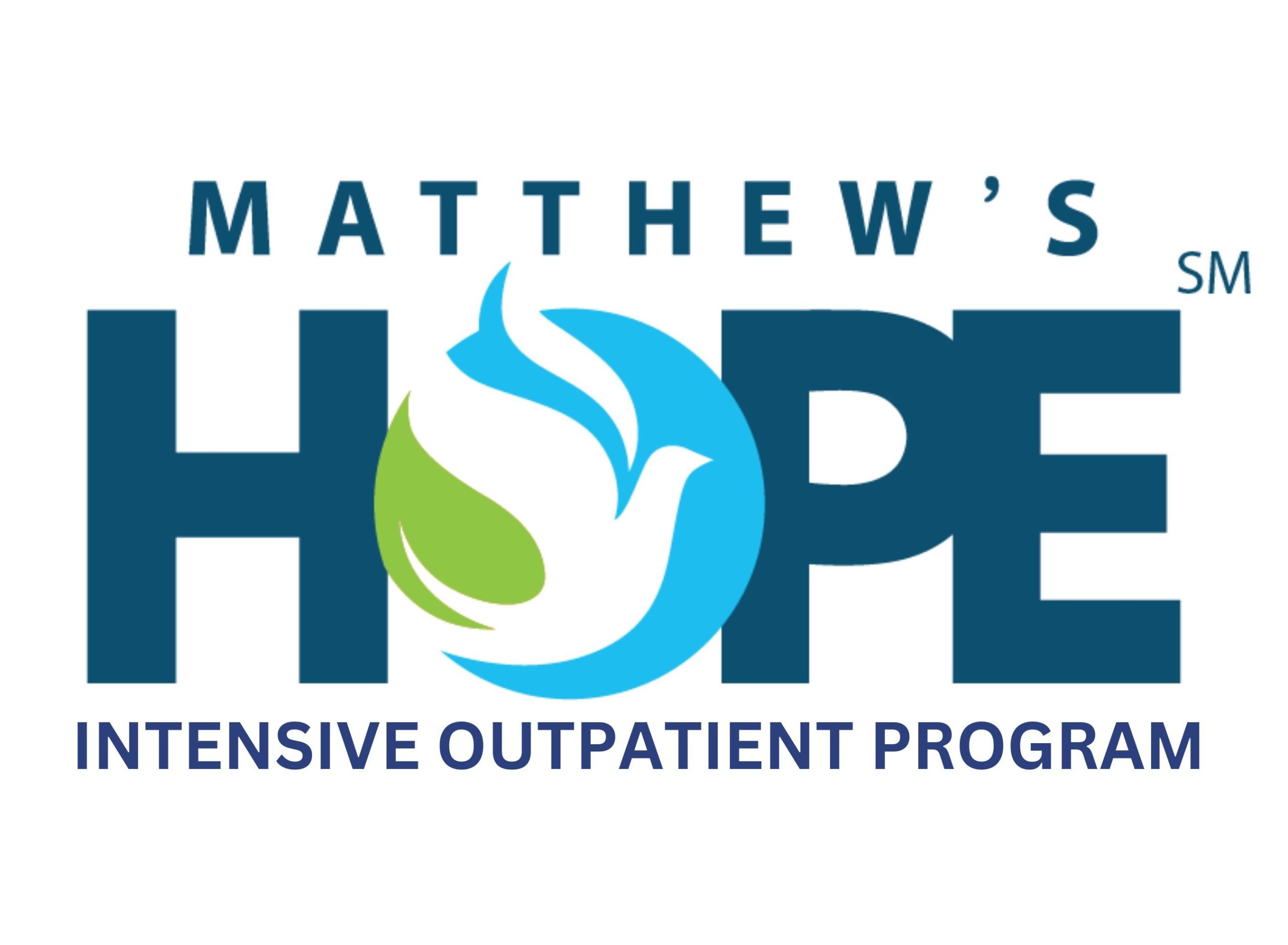Most people don’t set out to have an addiction. They may initially drink a few beers after work or simply say they do drugs recreationally. Over time, these few beers and instances of doing drugs start to increase in number until the individual realizes it’s happening on a daily basis.
Once someone develops a substance abuse problem, help is available, but identifying addiction is the first step. Afterward, a caring, evidence-based treatment program can help you with your addiction and begin the recovery process.
Signs of an Addiction
Identifying addiction is often the hardest part. How do you know when your drug and alcohol use has become a problem? If you’ve experienced any of the following signs, you may need professional help.
You are dependent
Over time, you may become chemically dependent on the substance. If you try to quit, you may experience withdrawal symptoms like headaches, insomnia, or night sweats.
You are using more and more
Once you have developed an addiction, your body gets used to drugs and alcohol. Because of this, you may have to take more of the substance to achieve the same effects.
You can’t control how much you use
If you suffer from chronic addiction, you may no longer seem drunk or high when you drink or use drugs. However, you may struggle to control the amount you use. As soon as you have a drink, you may have a craving to use more and be unable to control your craving.
Addiction is a chronic illness. It isn’t a weakness. Once someone suffers from chronic addiction, willpower and motivation won’t help them stay sober unless they have the right treatment and support.
How Do I Know If a Loved One Has a Substance Abuse Disorder?
Many people will try to hide their addiction because they feel guilty or embarrassed. If they aren’t ready to seek help, they might hide their addiction, so you can’t stage an intervention. The following signs can help you identify addiction.
- The individual is no longer interested in activities they once loved.
- They are secretive about their drug and alcohol consumption.
- They may suffer from legal issues, financial problems, or absenteeism.
- The individual is increasingly isolated or has a new group of friends.
- You may catch them in a lie.
- Their personality may change.
- They may seem apathetic, paranoid, or fearful.
- The individual may withdraw emotionally from their loved ones.
- They may develop a negative self-image.
- The individual may suffer from obsessive thoughts, anxiety, or depression.
Do I Need to Get Help?
Whether you are worried about yourself or a loved one, the signs of addiction are the same. If you notice these symptoms after learning how to identify addiction, you may need professional help. Some withdrawal symptoms can be physically uncomfortable and even dangerous, so it’s important to go through the withdrawal process with professional medical care.
While addictions can happen to anyone, certain risk factors can make substance abuse more likely. For instance, suffering from a mental illness, domestic violence, or past abuse can increase the likelihood of having an addiction. You are also more likely to have an addiction if you are dealing with poverty, homelessness, a family history of addiction, or a limited social support system.
Getting Started on a Better Lifestyle
Millions of people suffer from substance abuse disorders, and many of these people will never get the care they need. If you or a loved one is dealing with substance abuse, the right treatment center can help you with identifying addiction and entering recovery. Whether you need help for yourself or a loved one, you can call Matthew’s Hope Intensive Outpatient Program today to learn more about how we can help during the recovery process.



